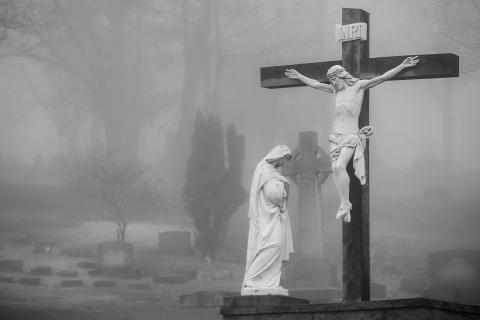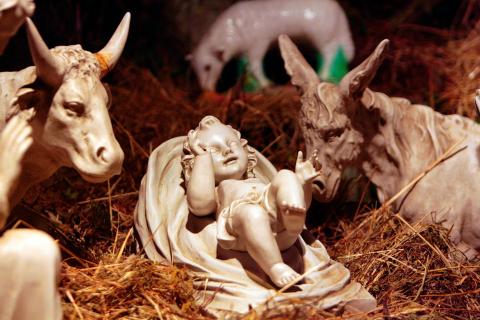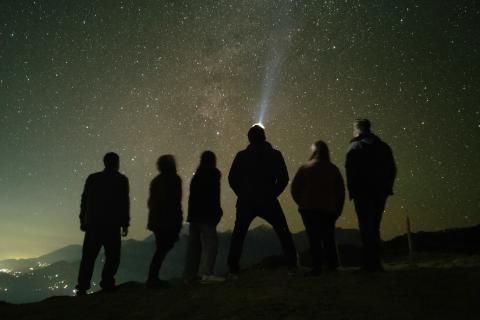
In modern discourse, those who hold to traditional religious views are sometimes looked on as hoarder-types who keep long-unused (and sometimes unusable) possessions “just in case” there might be some use for them in the future. Many rational and sophisticated minds in our modern society have argued that religion and faith practices have been cluttering up the cultural garage for too long and must be disposed of. No shortage of articles has been written documenting the decline of organized religion in American society, usually with the implication that we have simply outgrown such “outdated” habits. With the social expectations of yesteryear that one practice a religion gone, the argument runs that traditional organized religion simply can’t compete with sophisticated social science and dogma can’t compete with ever-improving scientific advancement.
A new study finally admits that maybe getting rid of religion hasn’t been such a good idea after all. In fact, researchers claim that losing religion has contributed to an unpick in deaths of despair.
In addition to the importance of religion in the lives of individuals, even the religion-scoffers of the Enlightenment recognized the social good of religion. A recent study confirmed that happiness is more frequently found in religiously-active people worldwide, along with healthier habits, volunteering, and civic engagement.
Even in the cold and impersonal world of Darwinian evolution, religious people seem better adapted to coping with life on earth (and even reproducing the species). (See additional findings from Pew Research.)
In the post-modern world of mental health and self-actualization, religion provides an outlet, and spiritual guides provide listening ears that have not been supplanted in the world of “you do you.”
While the Church in Africa continues to grow, it also faces intense persecution.
Last Sunday, an affiliate of the Islamic State bombed a Protestant service in the Democratic Republic of Congo, killing 10 and injuring dozens. On the same day, a Catholic priest burned to death in Nigeria after bandits set fire to his rectory. Another priest escaped the fire and survived gunshot wounds: he is currently in hospital treatment. Elsewhere in Nigeria, dozens remain in captivity after 53 Christians were kidnapped on Christmas Day. In fact, Christians in Nigeria were subjected to the vast majority of violent persecution worldwide in 2022, with 90% of all Christians kidnapped and 90% of all Christians killed (totaling 5,014) being from Nigeria.
In the midst of this persecution, stories of grace abound. Rwandan Jesuit Father Marcel Uwineza recently reflected on the “miracle of forgiveness,” which he encountered firsthand when presented with the opportunity to meet the man who killed his family in the 1994 Rwandan genocide. In this meeting, Fr. Uwineza experienced being “invaded by something higher than [himself]... There is a decision to make, but we’re empowered by God.”
As Elon Musk, co-founder of Neuralink (among other pursuits) teases that implantable chips might be ready for human trials within the year, George Weigel offers insights into the Catholic vision of such technology (and even shares Aquinas’s four steps for memorization).
In addition to implantable chips, rapid advances in artificial intelligence systems continue to raise questions about the human person and the limitations of technology (and perhaps even tempt us to idolatry).
Finally, as we celebrate the annual Week of Prayer for Christian Unity, the Vatican is already looking to a major anniversary that will unite Christians in 2025.


